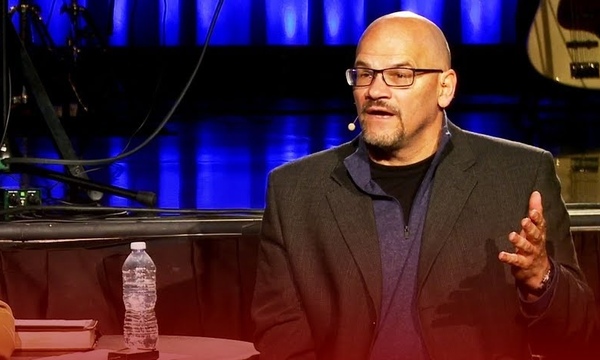The California Supreme Court’s recent decision to overturn Proposition 22 — the state’s Defense of Marriage Act — and permit legally recognized homosexual marriages in California has the potential to affect the church and culture in multiple respects, a Christian legal scholar says.
One of the direct effects is that if the proper statements regarding human sexuality are not clearly spelled out in a church’s constitution or by-laws, a church could be liable for discrimination claims if they refuse to perform homosexual marriages, said Kevin Lewis, assistant professor of theology and law with Biola’s master program in Christian apologetics.
As it now stands, religious organizations in the United States have “ministerial exemptions” that allow them, for example, not to hire someone whose beliefs or behaviors don’t line up with their own clearly stated doctrine or standards.
But the California Supreme Court’s ruling might pave the way for future court decisions that erode these religious organizations’ rights in the future, said Lewis.
“Judicial decisions such as this one tend to help maintain the momentum of the homosexual rights movement,” Lewis said. “If this trend is not reversed, we will soon begin to see a drive … to eliminate the ministerial exceptions. The same activist courts that decide these matters will probably soon declare that there are rights so fundamental to humanity — such as homosexual marriage — that no ministerial exception may be granted to deny them the right.”
Lewis said the decision to overturn Proposition 22 is indicative of ongoing changes in the American legal system.
“Unless we correct the jurisprudence and philosophical foundations of the judicial system, we will continue to see these types of decisions that negatively affect the church,” said Lewis.
The church has been challenged with multiple cases in the past few years from homosexual-rights groups, he said. Lewis gave the example of Christian adoption and foster care ministries who have fought against discrimination claims because California permits homosexuals to adopt children and be foster parents.
“This is the future of the legal system if we do not immediately work for radical changes,” said Lewis.
According to Lewis, hate speech legislation in America could be next, which would result in restraining the church to speak freely regarding moral and religious issues.
A clear theology of the state and a proactive mindset toward legal and political issues has become a necessity for the church, he said. Lewis believes the church needs to play offense, rather than defense, in order to continue the current freedoms the church holds.
The role of human government is to “secure and protect our inalienable rights,” he said. God granted these rights and they are grounded in human nature, created in God’s image.
“The Christian founders of America understood these foundational principles for human government,” said Lewis. “We would do well to remember them.”
If you would like professor Lewis to have a seminar at your church for pastors or church members, or if you would like more information about courses or audio presentations by professor Lewis on church-and-state issues, please contact the graduate apologetics program at Biola at (562) 906-4570.
Further legal and theological resources can be found at Lewis' Evangelical Law Institute
 Biola University
Biola University


_(1).jpg)